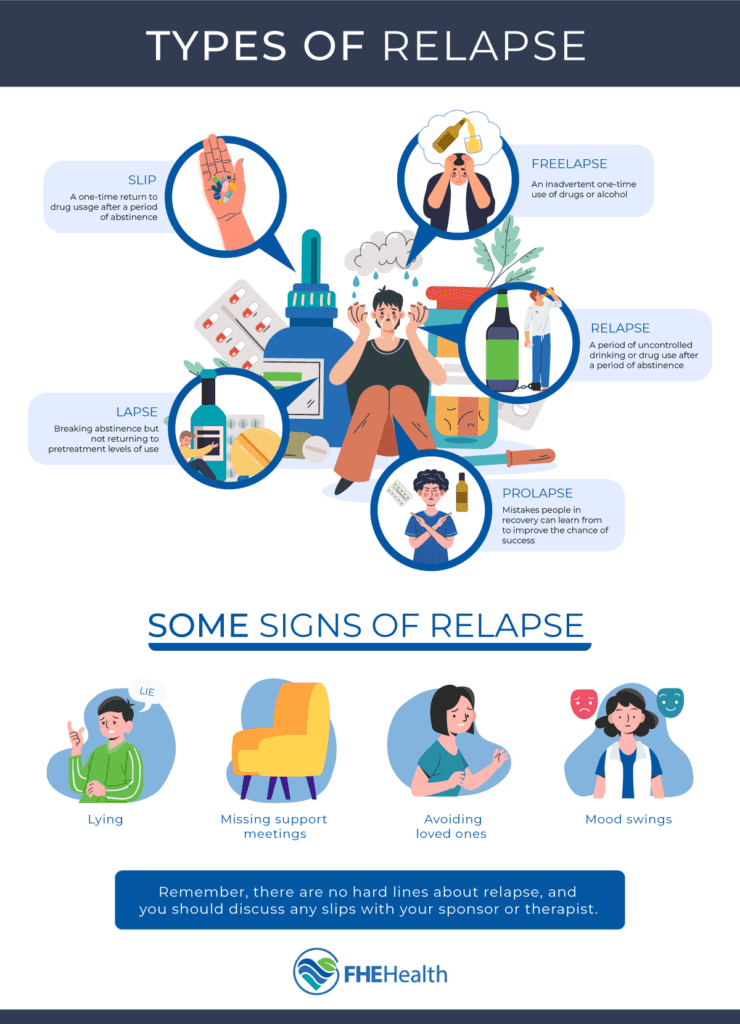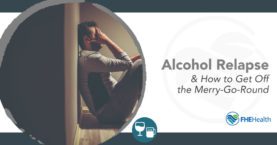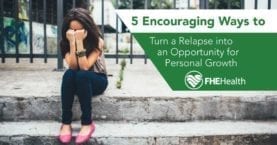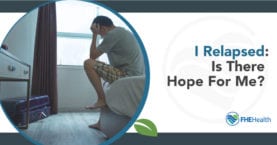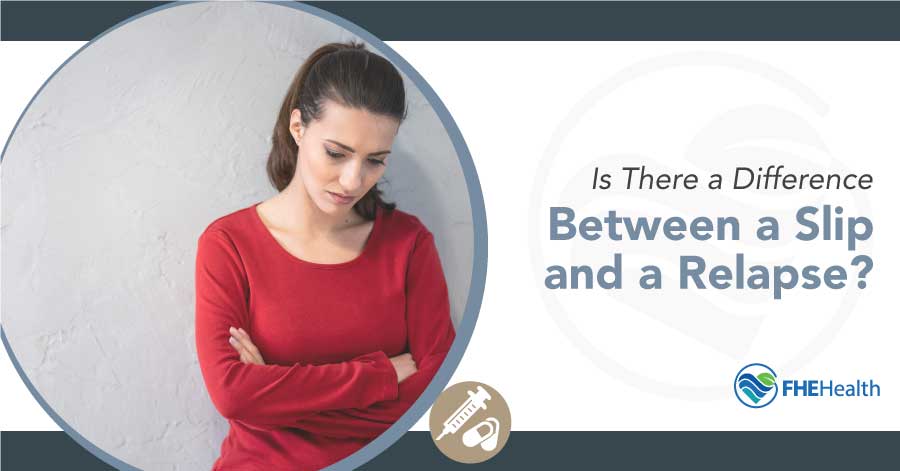
How long does recovery last? What counts as a slip vs. a relapse? What is relapse, or freelapse? There’s a lot of disagreement in the addiction treatment and recovery space about whether you can ever actually be cured of addiction.
On the clinical side, most people say no — once you’re in recovery, you’re fighting a battle against addictive substances for life. Outside of the treatment center, however, that conversation looks different. In most recovery groups, there are three different versions of a relapse: a slip, a freelapse and a true relapse.
How Do Relapses Happen?
In most recovery groups, there are three different versions of a relapse: a slip, a freelapse and a true relapse.
What Is a Slip?
When a person slips in their recovery from addiction, it means they give in to their cravings or have a weak moment when facing a specific trigger. During addiction treatment, there’s an emphasis placed on relapse prevention, trigger avoidance and the development of new, healthier coping mechanisms, but nothing can prepare a person 100% for a time when they face these scenarios in real life outside of treatment.
For example, if you’re sober but you go to a bar with friends, you may decide it’s okay to have a drink. If you decide to do so, most people would say you slipped. It’s what what happens next that differentiates a slip from a full-on relapse.
What Counts as a Relapse? Slip vs. Relapse
When a slip is followed by a return to habitual substance use, it becomes a relapse. Often, a person in recovery thinks that because they went through treatment, they’re strong enough to have “just one drink” or use drugs “just this once.” But it’s important to remember that just because you’ve been sober for some amount of time doesn’t mean your brain is prepared to deal with the influence of drugs and alcohol again. Many people who slip, even with the best intentions, find themselves fighting the recovery battle from day one once again.
So, what’s a relapse? Most groups define it as a return to substance use after a period of sobriety, but there’s a lot of disagreement about what separates a slip and a relapse and whether a slip is a real event at all.
What About a Freelapse?
The danger of slipping in recovery is largely why in AA relapse is covered under such black-and-white, abstinence-or-nothing policies. When you’re going through a 12-step program, you’re expected to be completely honest with your group and your sponsor and take accountability for even the smallest lapses in recovery. That’s why the concept of a freelapse is hotly debated.
While a slip and a relapse are typically premeditated — meaning the person in question makes a conscious decision to use — a freelapse isn’t. Maybe you ordered a nonalcoholic drink and the bartender got their orders mixed up. Maybe you went to a concert and were exposed to a cloud of marijuana smoke. You may have had a major surgery and were put on a morphine drip in the recovery room.
For those who believe in the freelapse, the substance abuse involved is accidental. You may experience the same high that you associate with the substance, but it doesn’t count against your recovery.
